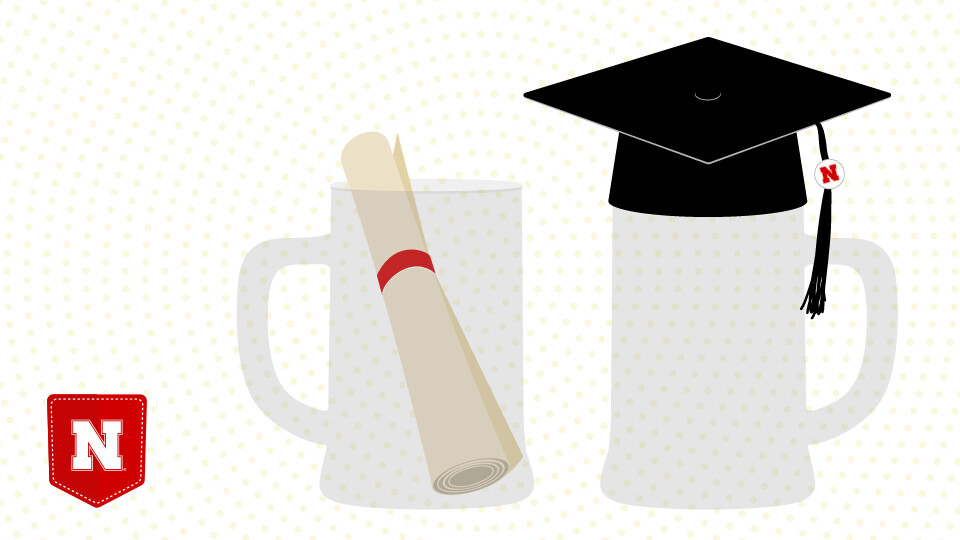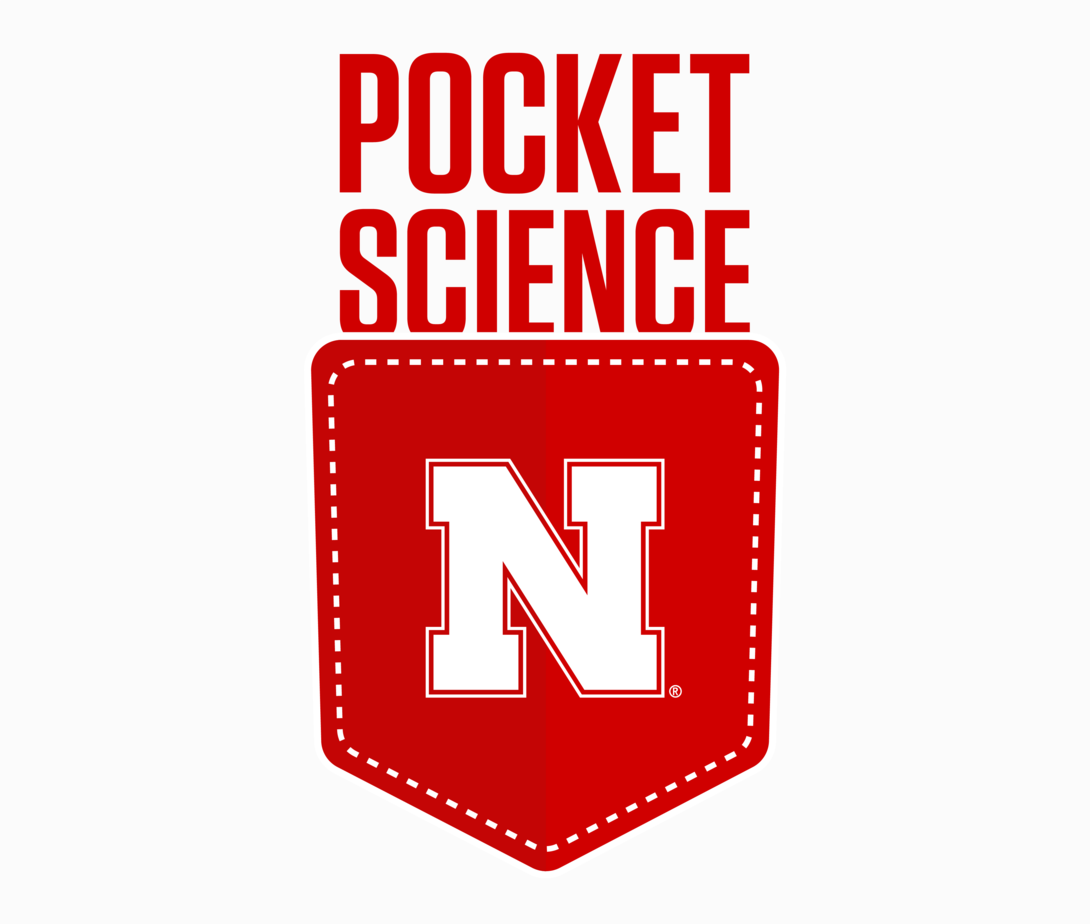
Welcome to Pocket Science: a glimpse at recent research from Husker scientists and engineers. For those who want to quickly learn the “What,” “So what” and “Now what” of Husker research.

What?
The risks of drinking heavily in college are well-documented: missed classes, sub-par grades, legal troubles and health problems, among others.
To address the issue, some universities and colleges — including Nebraska — now administer so-called brief alcohol interventions to incoming students, asking about prior alcohol use and other risky behavior. But no research has specifically investigated whether this data on pre-college drinking might predict alcohol-related problems in college.
So what?
Nebraska’s Duane Shell, Ian Newman and Lok-wa Yuen examined web-based responses from roughly 5,300 students who enrolled at Nebraska in 2011 and 2012.
They found that students who reported abstaining from alcohol before college were between 12% and 23% less likely to drop out, even when accounting for ethnicity, gender and residency status. Those students also received between 40% and 73% fewer on- and off-campus citations for drinking alcohol. Respondents who binge-drank prior to college were between 79% and 254% more likely to receive those citations after enrolling.
Now what?
The findings suggest that health centers and student-service offices could use responses from incoming freshmen to identify and focus on those most susceptible to alcohol-related risks. That data might also help customize intervention programs based on students’ prior experiences with alcohol, the researchers said.







